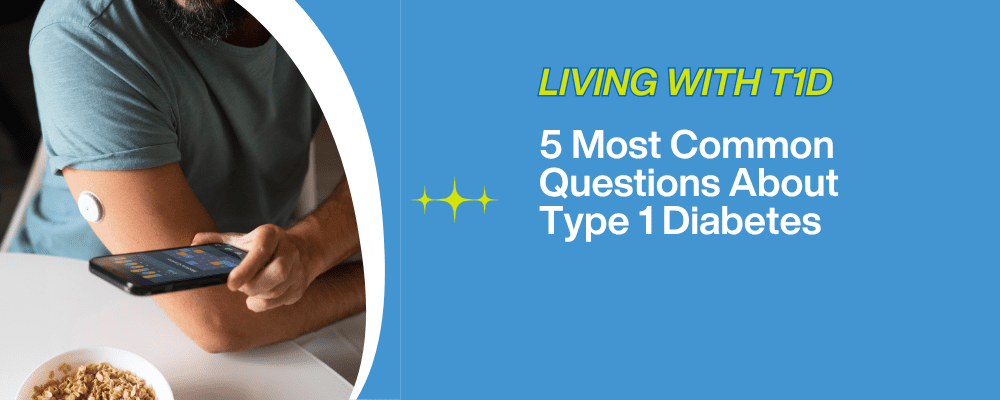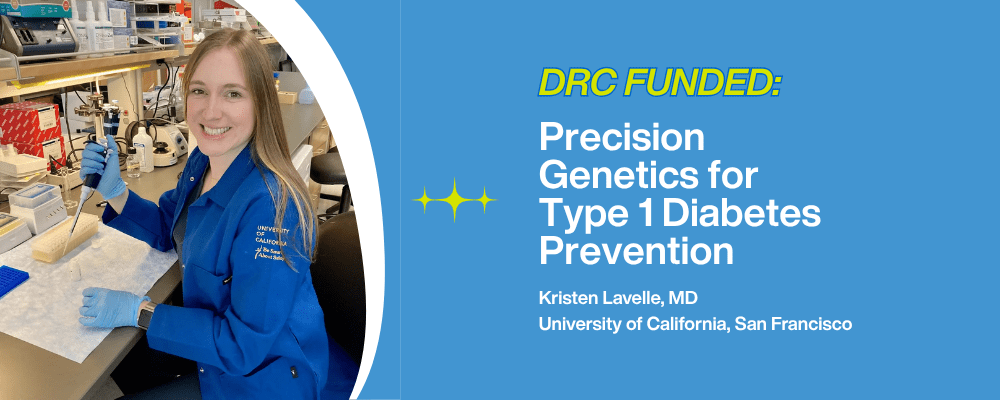Over the past few years, health insurance has gone through some major changes. Since type 1 diabetes requires constant monitoring and daily management with insulin, having insurance coverage is essential to help offset costs and promote effective self-care. A recent study found that individuals who experience gaps in private healthcare insurance coverage may be at greater risk for health crises.
The study involved data collected from approximately 169,000 adults with type 1 diabetes between the ages of 19 and 64 during the time period of early 2001 to mid-2015. Researchers evaluated this data and found that visits to the emergency room, hospital, or urgent care were five times more likely when patients regained coverage after a gap in insurance of 30 to 60 days. When the coverage gap expanded to 91 to 120 days, those individuals were seven times more likely to visit the emergency room, hospital, or urgent care.
These visits can be incredibly costly, but risk can be reduced with consistent insurance coverage and self-care under the direction of a physician. The study found that young adults – those in their 20s and 30s – were more likely to experience gaps in coverage than middle-aged and older adults. What part of the country individuals resided in played a role as well, with the north-central and southern parts of the United States seeing higher rates of gaps.
Since type 1 diabetes affects approximately 1.25 million Americans, it is essential that quality care and insurance coverage are available to support improved health and well-being and reduce the risk of preventable health crises.
The Diabetes Research Connection (DRC) is passionate about exploring various aspects of type 1 diabetes from prevention and treatment to potential cures and improved quality of life. The DRC provides valuable funding to support novel research studies regarding this condition. To learn more about current projects or donate to these efforts, visit Our Projects.




